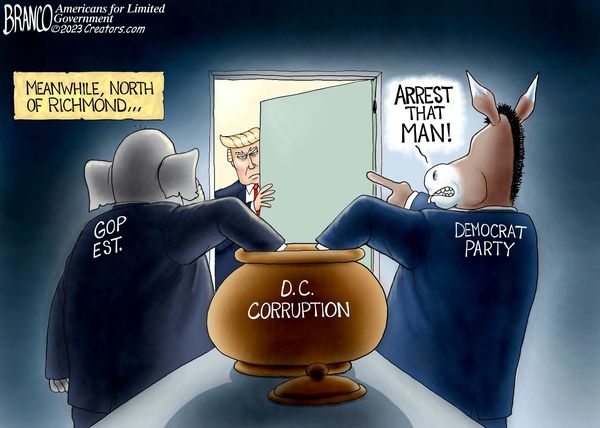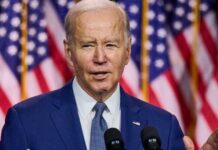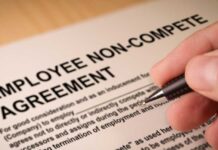
In June, former New York governor Chris Christie took to CNN to outline a campaign based entirely on a platform of disliking Donald Trump, claiming that the former president’s legal entanglements and personal character flaws disqualify him from seeking another term in the presidency.
At the time, he cited conservative setbacks, which he blames on Trump, during the 2018, 2020, and 2022 congressional and presidential elections. Christie, once an ally of Trump’s, called the former president a three-time loser, doubling down on his claim by childishly adding, “Loser, loser, loser.”
It’s an ineffective strategy, yielding predictable results. In a July poll, his favorability among Republican voters was 17% among Republicans. The recent first Republican debate did his campaign no favors, as 22% of voters said he had the worst night of any of the candidates on stage.
But Christie’s “failure to launch” happened years before he set foot on the debate stage. A 2016 Quinnipiac poll showed Christie with a 19% percent approval rating, and a 77% disapproval rating. At the time, Quinnipiac administrators said that Christie enjoyed “the lowest approval rating ever measured for a governor” during their two decades of polling.
But Christie wasn’t done yet. His approval rating scraped bottom in 2017, dropping to 15% approval and 81% disapproval rating just before he left office in 2018.
During Chris Christie’s time as governor, his leadership was marred by a series of controversies and challenges. Among these was the infamous Bridgegate scandal in 2013, where members of his administration were implicated in orchestrating lane closures on the George Washington Bridge for political retribution, raising concerns about abuse of power.
Additionally, while Christie received initial praise for his response to Hurricane Sandy, he later faced criticism for mismanagement and delays in aid distribution. Economic struggles persisted under his watch, with New Jersey’s credit rating being downgraded multiple times and the state’s economic growth lagging behind its neighbors.
Furthermore, the state’s public pension crisis remained unresolved despite Christie’s attempts at reform, leading to legal battles and concerns about the financial security of retirees. His decisions on education funding, including cuts that disproportionately affected disadvantaged school districts, sparked controversy.
Transparency issues were also raised, with accusations of lacking openness in government contracts, use of state resources for personal trips, and interactions with lobbyists. Christie’s administration saw several personnel controversies, with ethics concerns and political appointees facing legal troubles. His run for the presidency in 2016 led to accusations of absenteeism and neglect of his gubernatorial duties.
Christie enjoys higher favorability among Democrats, who give him a 32% approval rating. But progressives don’t want the failed candidate, either, because of his environmental policies, which included withdrawing New Jersey from a regional cap-and-trade program and a less-than liberally enthusiastic stance on climate change.
Christie’s decision to withdraw New Jersey from the Regional Greenhouse Gas Initiative (RGGI) in 2011 drew sharp criticism. This regional cap-and-trade program aimed to reduce greenhouse gas emissions from power plants. Christie argued that the program had no impact on carbon emissions and energy costs, and he believed that it placed an unnecessary burden on businesses and consumers in the state.
Christie’s administration also rolled back certain environmental regulations. He sought to streamline regulations to promote economic growth, which included relaxing rules related to land development and coastal development. Critics argued that these changes could lead to environmental degradation and compromise the state’s natural resources.
As a failed Republican governor that even Democrats don’t want, it seems the party is over before it began. He should pack up his toys and go home, but he needs to avoid the George Washington Bridge on the way out.
“Loser. Loser. Loser.”







